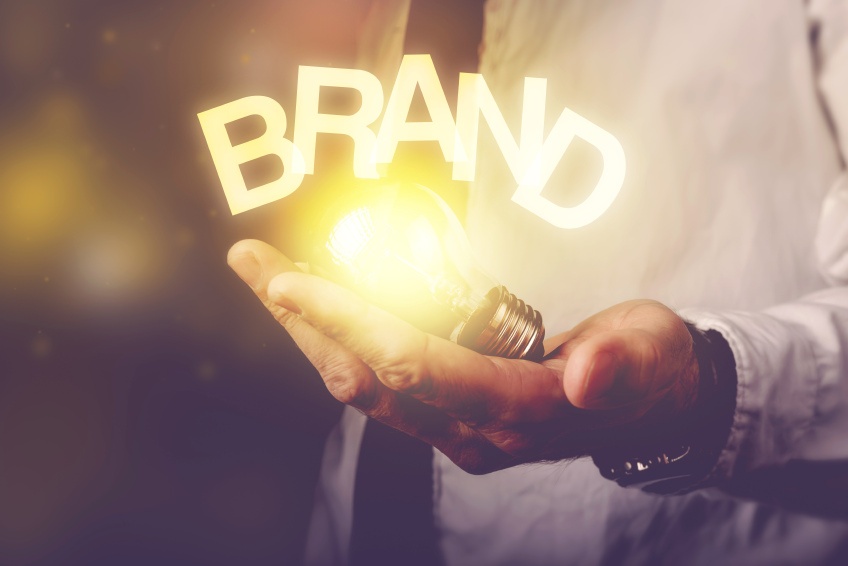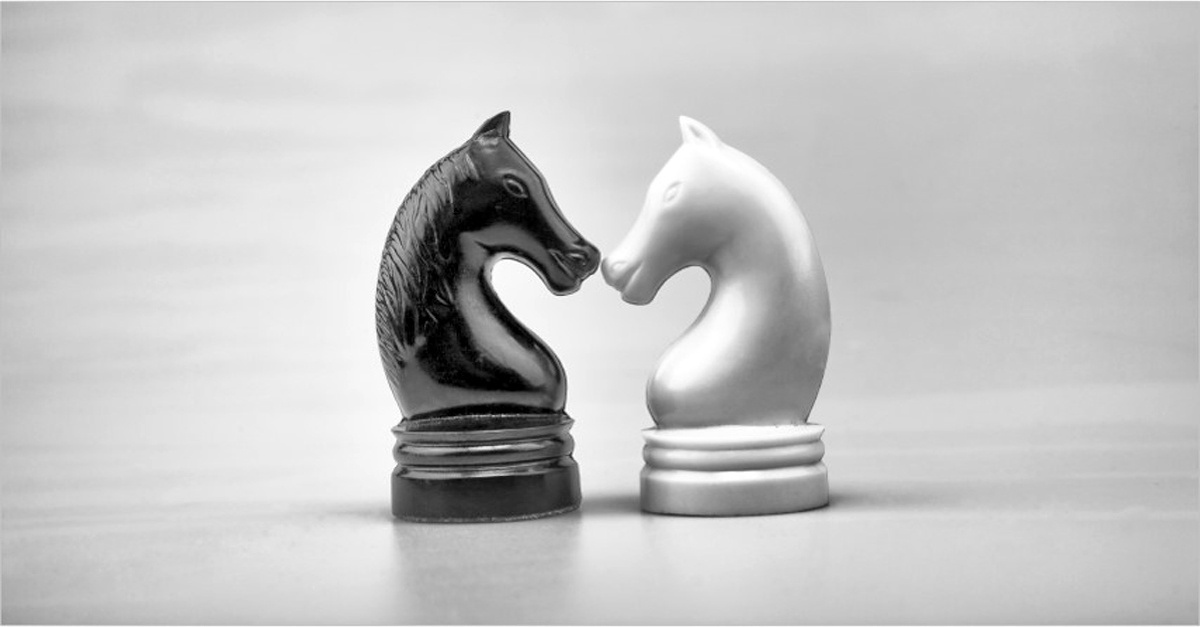
Recently I read a MarketingProfs blog post reporting that business decision-makers are 10% more likely to consider B2B brands that consumers know and feel connected to.
The report, which was based on data from a survey of 9,500 global consumers and 450 business decision-makers, included some interesting charts and categorized companies in four ways.
- Known, but not relevant
- Highly relevant
- Limited relevance
- Not relevant
According to the blog post “relevant” meant that consumers knew the companies and felt an attachment to them. “Known but not relevant” meant customers recognize the name but aren’t sure what the company does and do not feel a strong connection to the brand.
I found it interesting to compare some of the companies on the “known but not relevant list” to ones on the “highly relevant” list.
Known but Not Relevant
- Boeing
- COSCO
- Airbus
- Huawei
- Citigroup
- BASF
- BP
Highly Relevant
- Microsoft
- Intel
- Bosch
- Dell
- FedEx
- 3M
Namely, I thought it was interesting that BASF landed in the “known but not relevant” quadrant. Does anyone else remember the old BASF commercials? The tagline was, “We don’t make a lot of the products you buy. We make a lot of the products you buy, better.”
I’m sure BASF has spent tens of millions of dollars on advertising campaigns; if their goal was to raise brand awareness, it worked. If their goal was to raise awareness and create a sense of connection with consumers, then they fell short (at least according to this one study).
In a B2B setting, I do think awareness and relevance can help you. But it will generally only help you get a seat at the table. In B2C, that brand awareness is absolutely crucial, because people will buy based on brand. But, as we’ve said before, B2B buyers care more about value than branding. My belief is that B2B branding — whether in the form of positioning, messaging, colors, slogan, logo, advertising, brand strategy, or any other form of promotion — will only be effective in the long run if it supports a company’s true value proposition.
Are companies that have good awareness more successful? According to the study:
Besides increasing the likelihood of purchase, high consumer awareness was also linked to better financial performance: When the 10 most-known B2B brands examined were compared with the 10 least-known, those with high consumer awareness had 27% more growth in stock value between 2010 and 2013, and 31% greater growth in revenue.
I’m not sure the data in this study is enough to prove that brand awareness causes high revenues and stock value. I think there might be a correlation (where variables move together), but not causation (where one variable causes another to move). In this case, correlation doesn’t imply causation. The companies with strong value propositions end up being more successful resulting in a stronger brand, not the other way around. Success is not caused by brand, brand is the result of success. In a B2B world, brand is the result of the sum total of the market’s experience, and therefore not the cause of success.
For example, consider Google and Microsoft, both of which landed in the “highly relevant” category. Google doesn’t do much advertising. But they don’t need to, because they’re Google. Same with Microsoft, which spends relatively little on advertising, given the size of the company. (Microsoft spends less than 1% of sales on advertising whereas P&G spends greater than 11% of sales.) Yet almost every PC (except those from Apple) shows a Microsoft logo when you fire it up.
I’m not saying that building a brand name doesn’t help sales. But saying that spending lots of money on branding is going to increase your sales is a bit off the mark. Even if that’s true, it’s going to cost a lot of money — and who’s to say there aren’t other, more valuable areas of the business you could choose to invest?
It comes back to this: Branding is not the same thing as advertising. Your brand is the sum total of everything you do. And, if that’s the case, of course the companies with the best brand — the best overall experience — will have the highest sales. What’s the real takeaway from that? I would argue that it isn’t to invest a lot of money in brand awareness. It’s to be the best company — the best sum total experience.
Think of it this way. You can’t take a bad company with bad products and go out and try to improve your brand by advertising and promoting it because that will just accelerate the awareness that your products aren’t valuable. In a B2B environment, success comes from delivering value and creating something that people want to buy. If you have those two things first, branding will likely help you get a seat at the table. But it won’t necessarily help you close more business.
Which do you think matters more, brand awareness or value? Share your thoughts in the comments section.















